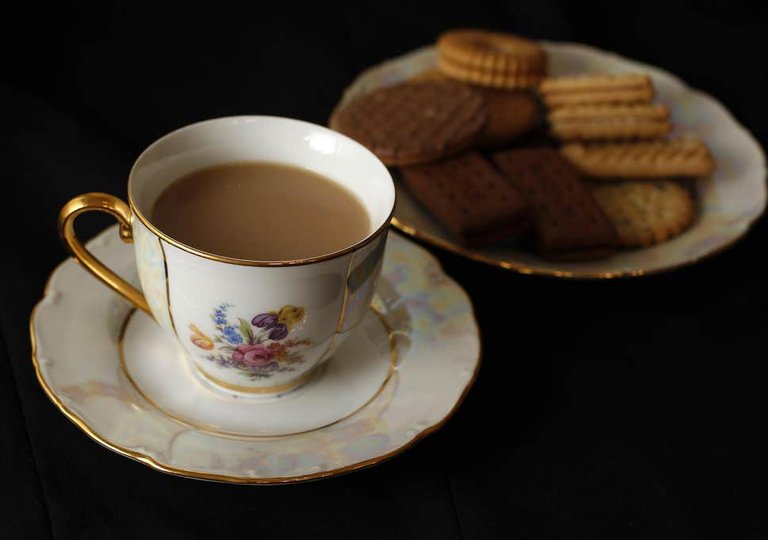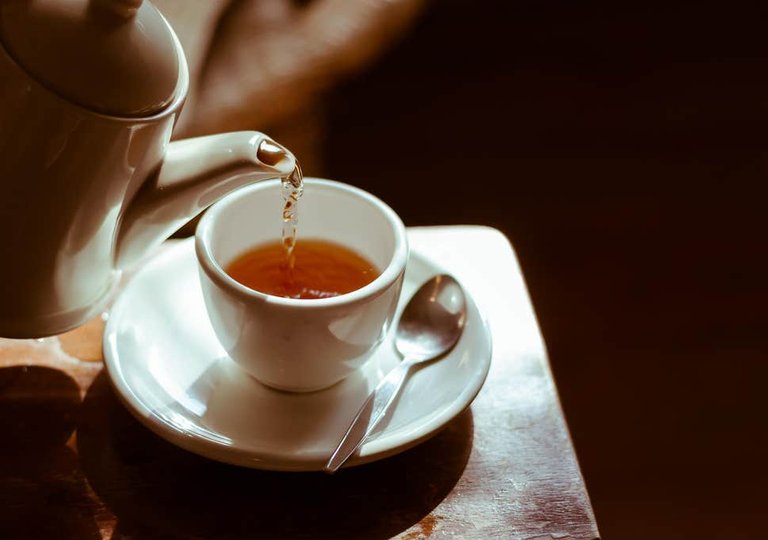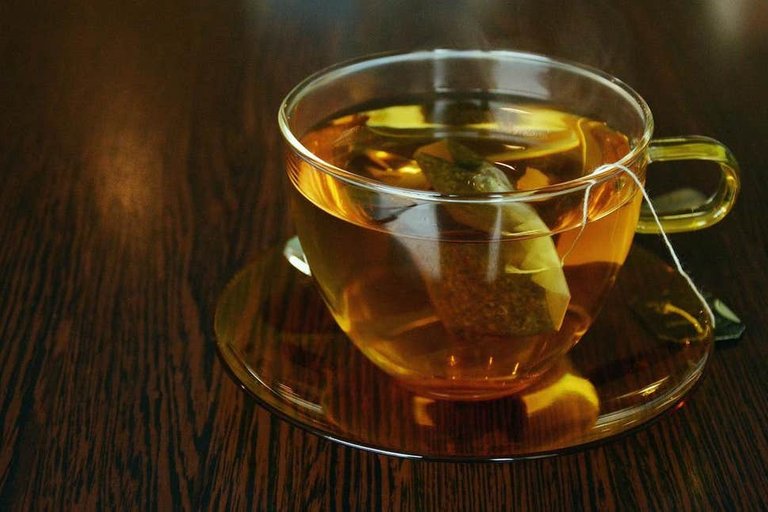Regular tea drinkers may have better brain structure than non-tea drinkers: study

Tea is one of the most popular caffeinated beverages in the world. There is a wide variety of beverages and each caffeine level varies. At the same time, it has received a wide, almost universal appeal, though the preparations and recipes are different. There is some scattered evidence pointing to the benefits of drinking tea, along with some research into talking about the benefits of tea for the brain. A new study has specifically shown the effect of regular tea intake on the structure of our brain. The study suggests that regular tea drinkers may have an advantage over non-drinkers, in which they may have a better brain structure. Studies indicate that drinking tea can lead to more functional and structural connections in the brain.

The study was published in the Aging Journal, entitled "Practical Tea-Drinking Brain Skills: Evidence from Brain Connection Evaluation." For the study, a group of participants were asked to fill out a questionnaire about the habit of drinking tea, which spelled out how often they consumed different types of tea. Participants were 60 years of age or older and each provided details of their mental health, daily living, and overall health. Participants were then divided into two groups - MRI scanners for non-tea drinkers and non-drinkers. They were also kept with a test battery.

Scientists found significant differences in the connection between tea drinkers and non-tea drinkers. The study focused on the default mode network (DMN), which is a large network connecting different parts of the brain. The survey reports,
"The observations in this study partially support the notion that drinking tea has a positive effect on the brain's organization as a result of increased network capacity in the brain structure and leads to greater efficiency in functional and structural connectivity, but no significant increase in functional connectivity. As an estimate, drinking tea is a hemisphere Dye structural link on the left side leads to less profundity. "

However, the study was one of a very small scale, as the number of participants was only 36 and the female was only six. Therefore, the results of this study can be taken with a pinch of salt.


Tea is good for the mind